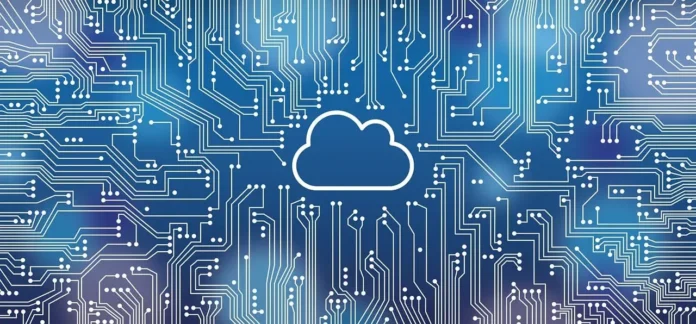There was a recent announcement by Google, an IT giant, about the fact that the security of all user-data on the Google Cloud platform will be enhanced. This policy is set to enforce multifactor authentication (MFA), even though clients will not have the luxury of choosing which platform they want for their services. The decision has been intended to prep up the field for ultimate hope. There has been a kind of pronounced excitement among the cybersecurity experts as opposed to fear which has been the ease in the past. Which will enhance the overall security of the online space after the implementation in 2025.
Starting this month, efforts will be concentrated on engaging the 30% of the users who use only passwords to gain access to Google Cloud services to use MFA. This initial engagement will involve screening and some tools – all designed for the Google Cloud Console – that will motivate and force enterprises to engage their staff and understand the essence of MFA. MFA will now be required starting in the early months of 2025 for all those logging in with a password – new and old. Post-integration, users will be advised of the change in platforms, the Google Cloud Console and Firebase Console respectively, adding the specifics that induce users to appreciate the transition. By the end of next year, all users of Google Cloud will be required to use MFA for federated Authentication factors. There will be a choice given to organizations whether to enable MFA through their federation identity providers or include further security protocols paired with Google’s MFA mechanism.
More companies are jumping on the bandwagon with mandatory multi-factor authentication or MFA and Google isn’t alone in this. Big names in cloud services are also taking similar steps to tackle rising cyber threats. This change shows a bigger focus on security with experts saying MFA should be a must for software and platform providers especially since cybercriminals are getting trickier with their tactics.
The phased rollout of MFA makes things easier for users but it also means companies need to get ready behind the scenes. Training employees and using password managers will be key to making MFA work smoothly. Plus, experts are stressing that while MFA is really important it should fit into a broader security plan that also has strong defenses against phishing and other advanced threats.

